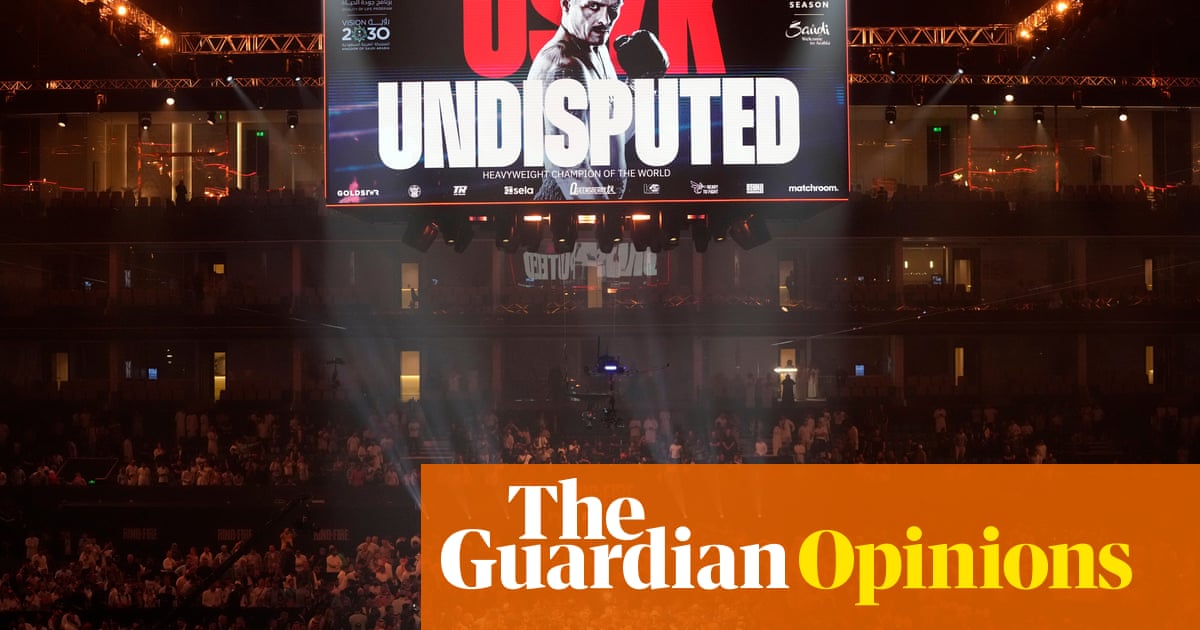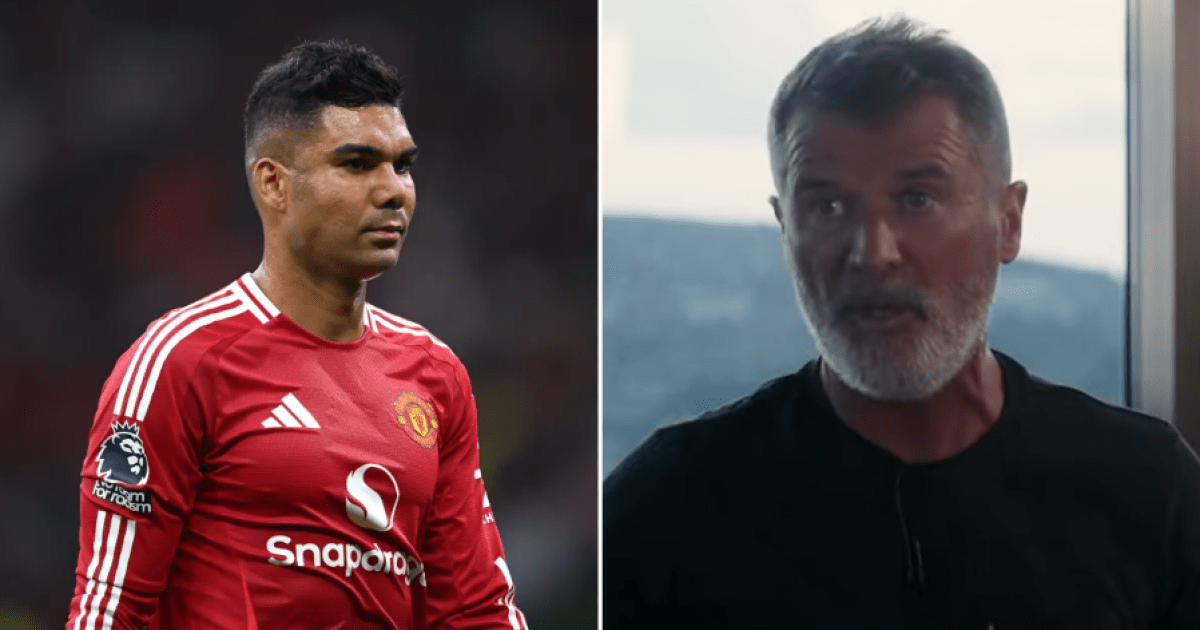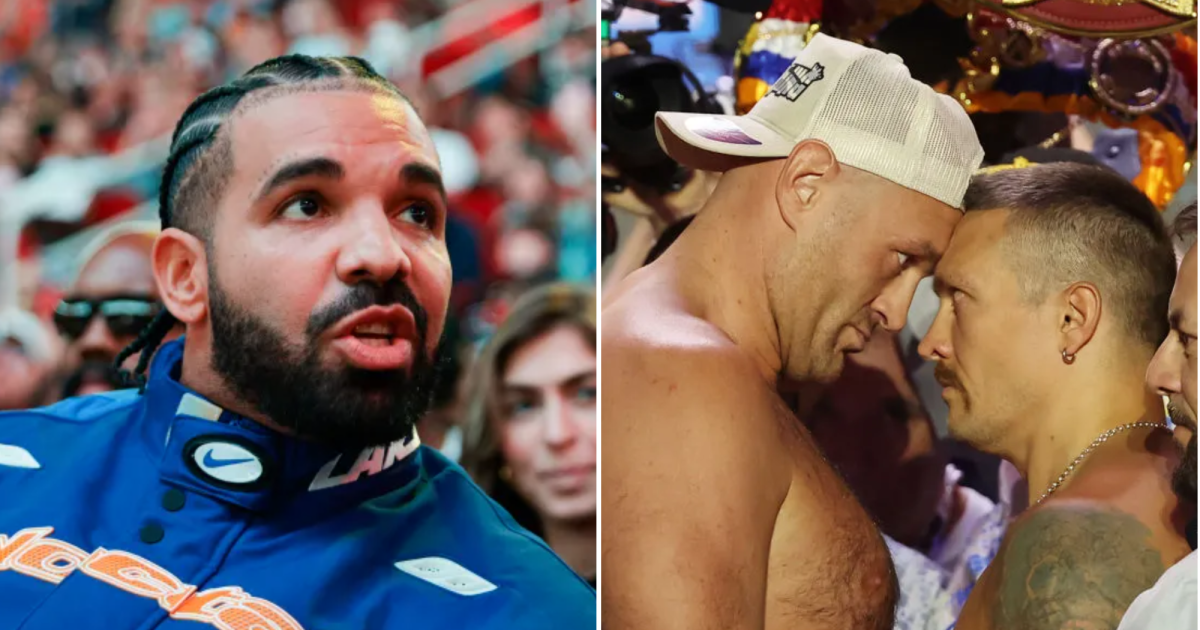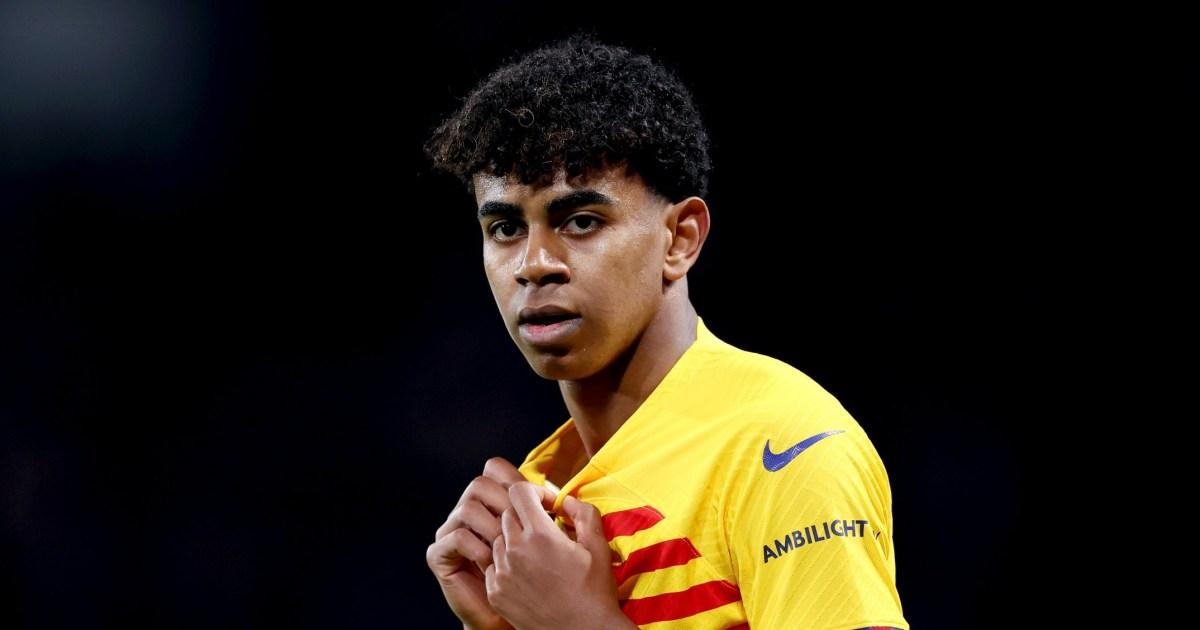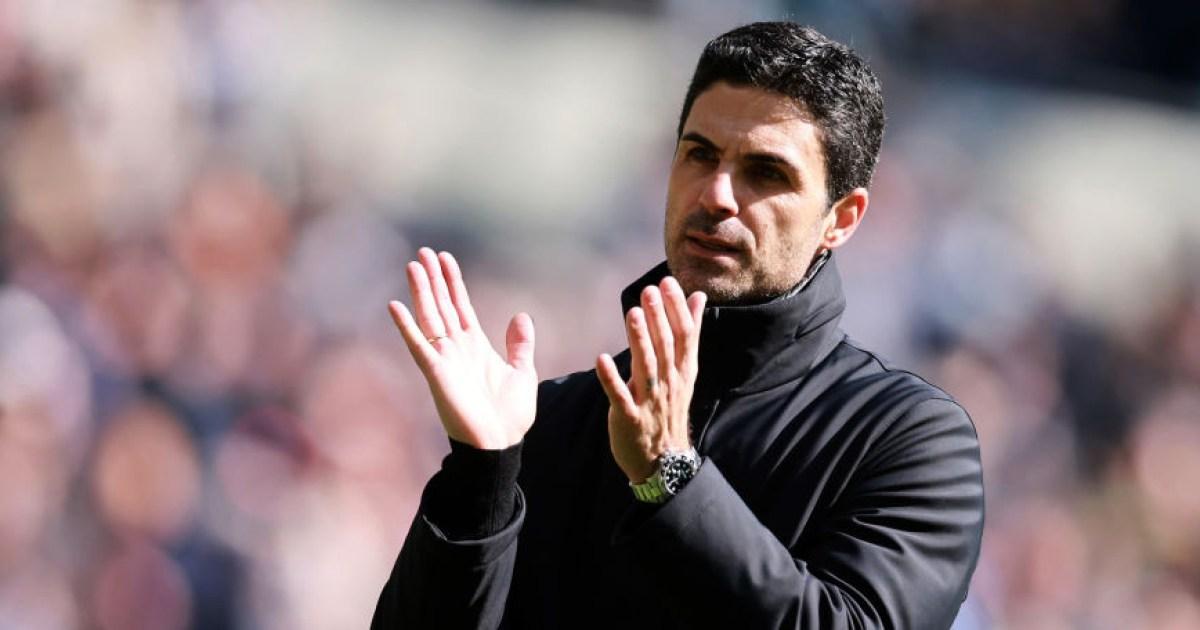I bought the fight. Obviously I bought the fight. It cost £24.95, money that was previously sitting in my “ethical” bank account until I decided to exchange it for the privilege of watching two men hit each other in the face live from Saudi Arabia. I tell you this so you can be assured that what follows comes from no place of sanctimony or moral purity or even intellectual coherence. Cuff me. Haul me in. What is the charge? Enjoying a fight? A succulent heavyweight boxing fight?
This is the evil genius of big-time boxing: it speaks to the darkest recesses of your soul, strips away the layers of equivocation and apologia, forces you to stare at the ugly thing until you can lie to yourself no longer. As Mike Tyson almost said, everyone has a principle until they want to watch someone get punched in the face. Terrible men throughout history have known this as fact, and perhaps the nicest thing we can say about the rulers of Saudi Arabia is that they are at least following a time-honoured tradition.
In a way you had to feel for Anthony Joshua last week, although not for the reasons you might think. Back in 2019, his world title rematch against Andy Ruiz in Riyadh exposed him to an inferno of scrutiny and criticism, questions on human rights and geopolitics that he was patently ill-equipped to answer. “Maybe I could be a spokesman,” he suggested at one point. “Rather than just accusing, pointing fingers and shouting from Great Britain. In order to ask questions of people that may want to make change, you have to go and get involved.”
Naturally Joshua would not be the first or last person pledging to use their privileged access to Saudi Arabia to push for change from within. Alas, no transcript has survived of the fearful grilling Crown Prince Mohammed bin Salman surely received from Joshua when they met for a smiling selfie ahead of the fight. In a way Joshua was the path-beater, the canary down the Saudi mineshaft: bravely taking the PR lashes so those who followed – like Tyson Fury and Oleksandr Usyk on Saturday night – could fight free of interference.
And when Saudi Arabia first started buying up sporting real estate in earnest a few years ago, there was perhaps a wistful idealism that this train could still somehow be slowed, diverted, even averted. For athletes signing on the dotted line, fielding awkward questions about Jamal Khashoggi became a surreal rite of passage, ornate squirming as public artwork. “I Know Something Very Bad Happened Inside There” (Rafael Nadal, whitewash on red carpet, 2018). “We All Make Mistakes” (Greg Norman, bullshit on canvas, 2022).
Less of that stuff these days, fair to say? If either Fury or Usyk was quoted at all last week on the quandary of fighting in Saudi Arabia then I missed it, and in any case the terrain under their feet has long since hardened. Most of the non-fight coverage from Riyadh was focused not on human rights but on realpolitik, the chess game of money and influence and what it buys you. Perhaps it’s hard to make people care about jailed dissidents in a world where thousands of children are dying on the news every night, and people still disagree over whether this is bad or not.
Of course on issues such as women’s rights, LGBT communities and freedom of the press, we already have a fair idea of where Fury stands, and Amnesty International isn’t going to like it one bit. Fury adores Saudi Arabia. It’s not just the money. It’s the red-carpet treatment, the explicit hierarchies of power, the way they sweep him past the passport queues at Riyadh airport. If Fury ever found out about the proxy war in Yemen, he’d be straight out there offering to sort out “that bum Abdul Malik al-Houthi” with his bare fists.
As Fury and Usyk swung at each other on Saturday night, before an invited audience of Saudi dignitaries and Josh Denzel from Love Island and Cristiano Ronaldo wearing a £1.2m watch, I thought about the 20th May Stadium. These days it’s known as the Stade Tata Raphaël, and for years it lay in ruins, but for a few months in 1974, when Muhammad Ali and George Foreman arrived in Kinshasa to fight for the world heavyweight title, it was the centre of the universe.
For Mobutu Sese Seko, the dictatorial ruler of Zaire, this stadium – built at immeasurable expense and equipped with prison cells and torture chambers in the basement – would be the ultimate expression of his power. More so than the network of palaces he built, or the millions of stolen dollars sitting in Swiss bank accounts, or even the virgins he would demand from local chiefs for “deflowering”. Because here, within these walls, was the benevolent open hand and the cruel fist of the one-man state in a single built form. The thing that embodies the repression also provides the respite from it. Behold the wonder. Feel the fear.
after newsletter promotion
The unique power of sportswashing lies not just in its ability to take ownership of our memories and emotions, but to blur the divides between the rulers and the ruled. So Amanda Staveley, the Conservative donor and daughter of a landowner with a hotline to the Middle East billionaire set, puts on a Newcastle scarf and is feted as a working-class liberator. Mobutu brings Ali and Foreman to Zaire, and plays the popular decoloniser while his death squads run riot.
Fury and Usyk are recast as heroic fighting men, rather than multimillionaires throwing their lot in with one of the most brutal regimes on Earth. Meanwhile you – not a millionaire, not a dictator, perhaps never even met a dictator – are a venal, elitist hypocrite for caring about human rights while also owning an Apple product, ordering Ubers and enjoying a succulent world title fight.
It was the late trainer Brendan Ingle who once described boxing as a “dirty, rotten prostituting game” that at its best was “the most beautiful thing that you’ll ever see”. Watching a bruised and bloodied Usyk raising his arms on my Riyadh Season-branded television screen, I finally realised what he meant.
-
Do you have an opinion on the issues raised in this article? If you would like to submit a response of up to 300 words by email to be considered for publication in our letters section, please click here.
